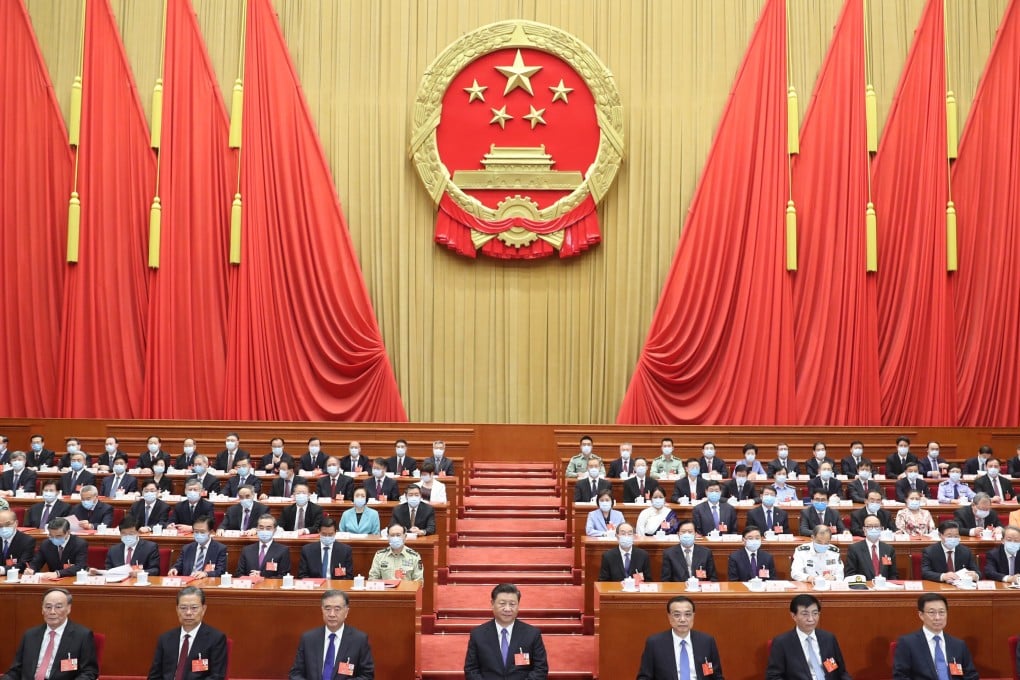Advertisement
Explainer | ‘Two sessions’ 2021: five things you need to know about China’s biggest political gatherings
- Thousands of legislators and advisers will gather in Beijing in early March to set and endorse the national agenda
- A number of factors will make this year’s meetings different
Reading Time:4 minutes
Why you can trust SCMP
6

More than 5,000 members of China’s political elite are expected to converge on Beijing in early March for the biggest event on the political calendar.
Known as the “two sessions”, or lianghui , the annual gatherings of the Chinese People’s Political Consultative Conference (CPPCC) and the National People’s Congress (NPC) are a window on the central government’s priorities and plans for the coming year.
This year’s two sessions commence on March 4, and will wrap up on March 11.
Advertisement
The 2021 gatherings of the top advisory and legislative bodies are particularly important because they will mark the start of the next five-year plan and fall in the Communist Party’s centenary year.
Here’s what you need to know:
1. The two meetings are separate affairs
While the CPPCC and NPC meetings take place almost simultaneously and at the same place, they are separate events.
Advertisement
Advertisement
Select Voice
Choose your listening speed
Get through articles 2x faster
1.25x
250 WPM
Slow
Average
Fast
1.25x